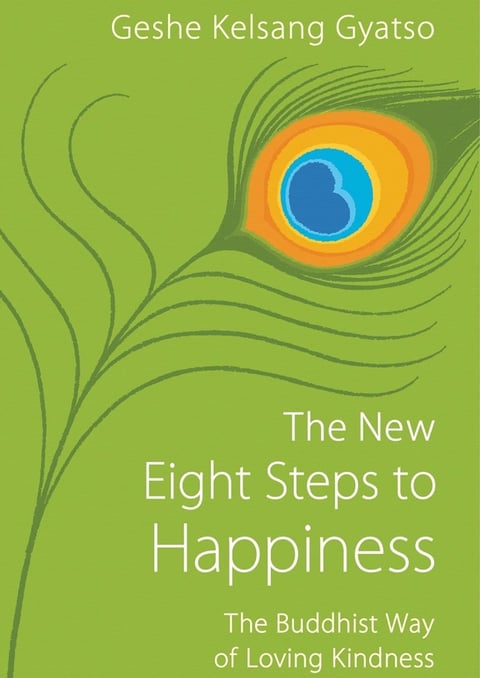War of the Conscious Mind
Navigating the War of the Conscious Mind with Buddhist Practices
MINDFULNESS


War of the Conscious Mind refers to the internal struggles we face, where thoughts, beliefs, and emotions collide. This mental conflict can occur at any stage of life, and incorporating Buddhist practices can help navigate these internal battles, fostering greater well-being and mental clarity.
Loving-Kindness Meditation (Metta): This practice focuses on developing compassion and love for oneself and others. By silently repeating phrases like "May I be happy, may I be healthy, may I be safe," individuals can foster positive emotions and reduce negative feelings such as anger and resentment. Extending these wishes to others can enhance social connections and empathy.
Breathing Exercises (Anapanasati): Anapanasati, or mindfulness of breathing, is a foundational Buddhist practice that involves focusing on the breath. This simple yet profound practice helps anchor the mind, reduce anxiety, and improve concentration. It serves as a tool for calming the mind and grounding oneself in the present moment.
Walking Meditation (Kinhin): In walking meditation, practitioners walk slowly and mindfully, paying close attention to each step and the movement of their body. This practice can help integrate mindfulness into daily activities, promoting a sense of peace and presence even in mundane tasks.
Chanting and Mantra Recitation: Chanting Buddhist sutras or repeating mantras can serve as a meditative practice that calms the mind and focuses thoughts. The rhythmic repetition creates a meditative state, helping to alleviate stress and cultivate inner peace.
Reflective Practices (Contemplation of Impermanence): Reflecting on the impermanent nature of life, a central concept in Buddhism, can help individuals cope with change and loss. This practice encourages letting go of attachments and embracing the present moment, leading to a more balanced and resilient mindset.
Engaging in Compassionate Actions: Buddhism emphasizes the importance of compassionate action as a path to mental well-being. Volunteering, helping others, and engaging in acts of kindness can foster a sense of purpose and connection, reducing feelings of isolation and enhancing overall happiness.
Incorporating these Buddhist practices into daily life can help individuals navigate the war of the conscious mind, leading to greater mental clarity, peace, and overall well-being. Embracing these practices promotes a harmonious and balanced life, regardless of the internal conflicts one may face.
"Eight Steps to Happiness" by Geshe Kelsang Gyatso offers practical guidance on transforming your mind and finding lasting joy through Buddhist principles.
Dive into this enriching read to enhance your well-being and navigate life's challenges with a peaceful, compassionate heart. Discover the path to true happiness today.
Disclaimer: This article reflects the author's opinion and is not a substitute for professional mental health advice. If you are experiencing mental health issues, please seek help from a qualified mental health professional.


